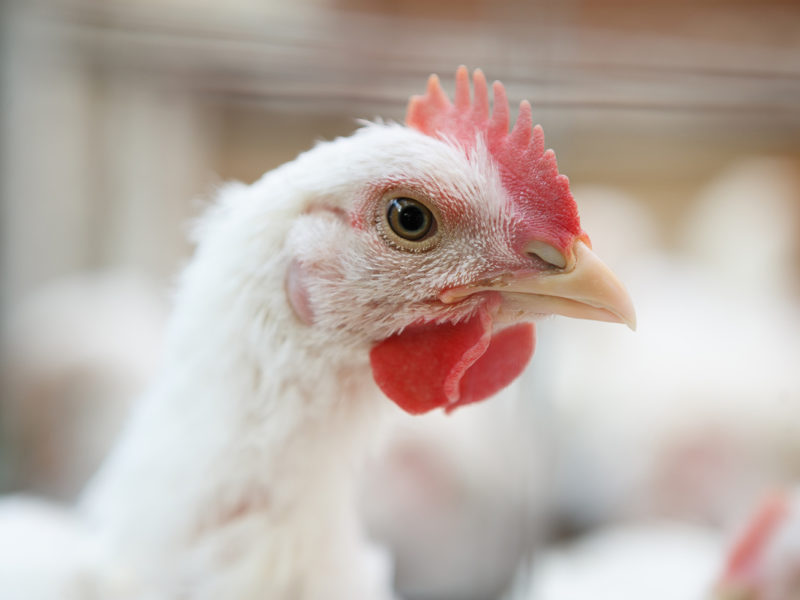A broiler farm in the North Okanagan has been depopulated following the positive identification of the highly pathogenic H5N1 strain of avian influenza on April 13.
Preliminary tests at a lab in Burnaby returned positive results, and samples were sent to the Canadian Food Inspection Agency lab in Winnipeg for confirmation. (BC’s own Animal Health Centre lab remains closed as a result of last November’s floods.)
“CFIA is leading the investigation and response, with provincial support for testing, mapping, surveillance and disposal,” BC Agriculture Minister Lana Popham announced on April 14. “The ministry has also activated its emergency operations centre and will work with the CFIA, producers, industry and other stakeholders to effectively respond to this outbreak and any others that may occur in BC.”
The broiler farm, north of Enderby, is the only operation to have tested positive to date and is at the epicentre of a control zone CFIA established April 16 to prevent the spread of the disease.
“All movement of domestic birds in and out of and through a PCZ is strictly controlled and requires a permit from the CFIA,” staff with the agency say. “Movement restrictions also apply to poultry products and by-products, as well as material that has come into contact with domesticated birds.”
Contravening the order is a federal offence.
The province is encouraging poultry owners, both commercial growers and small-lot owners to be vigilant. A provincial order requires commercial flocks across the province of 100 birds or more be kept indoors.
“All poultry producers, including backyard poultry owners, are advised to increase their biosecurity practices and to be vigilant and monitor for signs of avian influenza in their flocks,” says Popham.
Poultry, for the purposes of the order, include chickens, turkey, ducks and geese.
However, small-lot growers won a concession from the agriculture ministry permitting them to keep their flocks outdoors if their practices include pasture-based systems, multi-species production and on-farm slaughter. The exemption is contingent on producers following the Enhanced Biosecurity for Small-Scale Poultry Producers – Highly Pathogenic Avian Influenza guide provided by the BC Small Scale Meat Producers Association.
The order runs through May 13.
To date, cases of high-path avian influenza have been identified in seven provinces and have affected approximately 700,000 birds. The only provinces free of the disease this season include Manitoba, New Brunswick and PEI.
Ray Nickel of the BC Poultry Association says the situation could easily expand, which makes it important for all poultry owners to maintain strong biosecurity protocols.
In addition to keeping flocks indoors, growers should limit farm access to essential visitors only, provide a wash station for all vehicles entering the farm, avoid public gatherings, and shower before and after completing daily barn chores.


 Vertical farms face regulation
Vertical farms face regulation